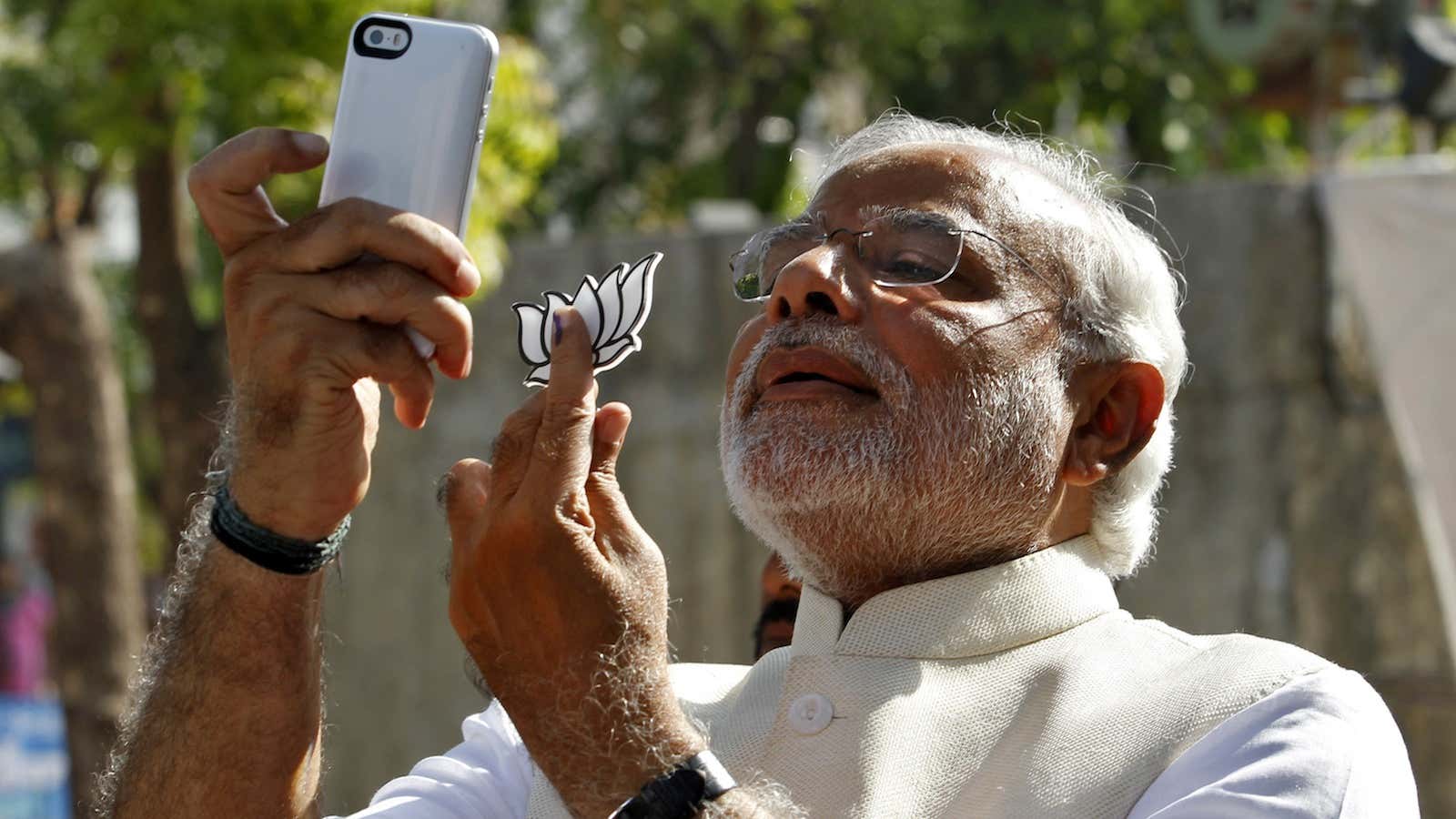Just put your camera away and enjoy the moment.
Even well into the smartphone era, it seems many of us still harbor the suspicion that the presence of a camera somehow sullies the purity of an experience.
But new research finds that taking a picture or enjoying the moment aren’t always mutually exclusive things. In fact, the act of photographing something can actually enhance enjoyment of an experience, by focusing attention on and heightening engagement with the thing being photographed.
In a paper published this month in the Journal of Personality and Social Psychology, a trio of researchers conducted several experiments measuring the enjoyment of people encouraged to take photos during an experience, against those told to leave their cameras in their pockets.
In one experiment, a group of study subjects who were equipped with cameras and encouraged to take photos reported enjoying a bus sight-seeing tour significantly more than a control group asked only to observe.
Another sent two groups of study subjects to a museum exhibit, with one instructed to take photos and the other told to keep cameras put away. After tracking the subjects’ eye movements, researchers found that the photo-takers devoted more visual attention to artifacts than to other items.
The research is an intriguing complement to a much-cited 2013 study looking at photography’s effect on memory. In that research, when participants were asked to remember artifacts in a museum by either photographing them or mentally noting them, the ones with the cameras had a harder time recalling them the next day. It was as if they’d delegated the task of retaining the memory to the device.
The current paper argues that lack of memory doesn’t necessarily mean lack of interest in the photographed subject. Participants in these studies weren’t asked to recall the content of their photographs. Rather, they were asked how much they enjoyed the experience. The act of photography made them more engaged, and engagement tends to increase enjoyment of an experience.
“Unlike checking your email or texting, where you are switching the experience and that task [to] potentially talk about something completely different (e.g. check your work email), photo-taking actually directs you towards the experience,” said Kristin Diehl, a associate professor of marketing at the University of Southern California and the study’s lead author.
A caveat: While photo-taking increases attention, subsequent photo-related phone usage like posting the image to Instagram, Snapchat, or Facebook doesn’t. Photography also didn’t add enjoyment to an experience that already demanded a lot of engagement, like a hands-on activity, or if the photo equipment itself was bulky and distracting.
There are still plenty of times when it’s more appropriate to put the camera away, especially if your photography interferes with someone else’s privacy, copyright, or ability to enjoy an experience. But when cameras are allowed, you don’t need to choose between taking a photo of a moment and being fully present for it.
